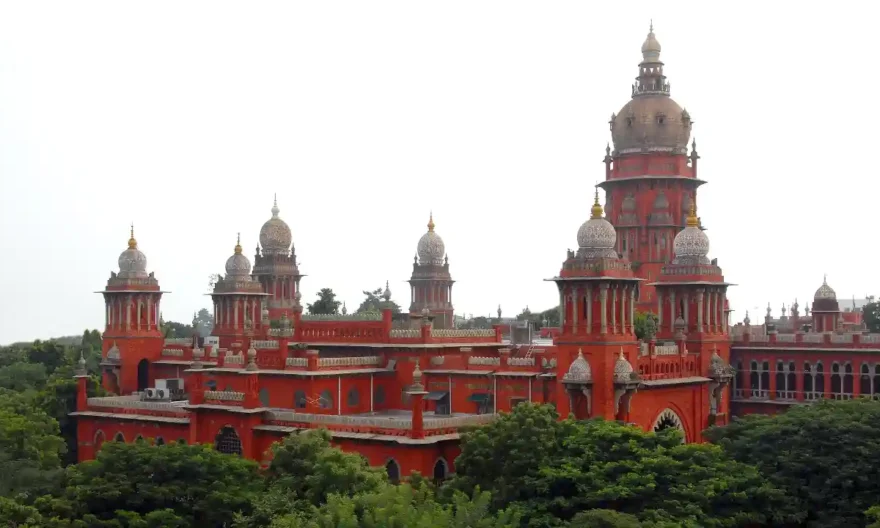
The Madras High Court recently has held that every instance of casual police inquiry cannot be termed as human rights violation.
A division bench of Justice VM Velumani and Justice R Hemalatha observed that, “There are instances. But every instance of a casual police enquiry cannot be termed as human rights violation. The awareness amongst public is also lacking. They do not differentiate between civil and criminal matters. More sensitisation of the police force in such matter is required. Police force play a vital role in maintaining law and order.”
In support of this, the Court stated that “every instance of a casual police investigation cannot be considered a human rights violation.
“In this case, an Assistant Commissioner of Police, approached the Court to challenge a State Human Rights Commission order.
The order was issued by the SHRC in response to a complaint alleging that the Petitioner had colluded with third parties to force the Complainant to reach a settlement regarding some money owed to him.
The bench observed after hearing the parties that “Human Rights Violation is such a sensitive subject that it requires careful scrutiny and analysis before concluding that there has been an instance of Human Rights Violation. Torture, cruel or degrading treatment or punishment; slavery and forced labour; arbitrary arrest or detention; arbitrary interference with privacy; war propaganda; discrimination; and advocacy of racial or religious hatred are all examples of human rights violations.”
The Court noted that for deciding human rights violations, there must be conclusive proof. In light of the same, the Court said that “There is a very thin line between human rights violation and regular police enquiry.”
Furthermore, the Court observed that the Complainant had a habit of getting himself into financial trouble on his own by lending money. It was also discovered that the Complainant had a habit of going to different police stations with different attorneys and insisting on filing FIRs.
As a result, the Court ruled that “The contents of the report make it clear that the complainant was not a victim of a human rights violation. He was not detained illegally, nor was he subjected to mental harassment or torture.”
Therefore, the writ petition was granted, and the SHRC’s orders were reversed.




